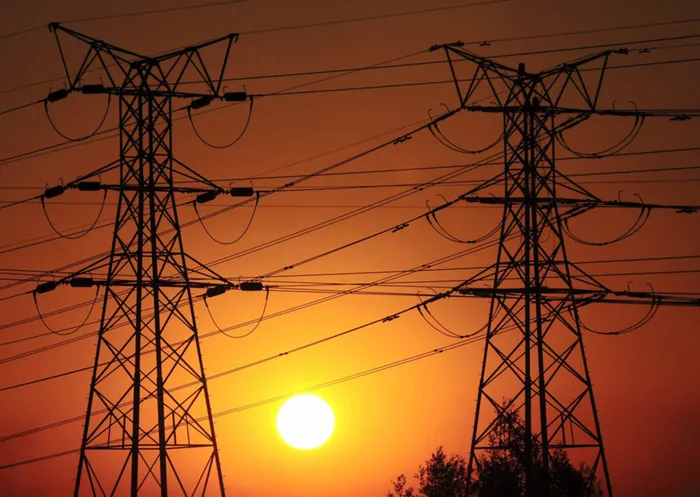NUM pushes for 15% Eskom wage hike, economists warn of affordability risks
WAGE NEGOTIATIONS

The National Union of Mineworkers (NUM) have confirmed that Eskom workers would be asking for a 15% wage increase in the upcoming negotiations. The union confirmed that wage negotiations are yet to begin with Eskom.
Image: Dumisani Sibeko
The National Union of Mineworkers (NUM) have said that Eskom workers are preparing to demand a 15% wage increase, along with higher housing and other allowances, ahead of the upcoming round of salary negotiations with the power utility.
NUM spokesperson Livhuwani Mammburu confirmed that formal wage talks had not yet begun but said preparations were underway.
“The wage negotiations haven't yet started," Mammburu said on Wednesday.
The wage talks come as Eskom returns to profitability for the first time in eight years, reporting a R23.9 billion profit before tax in its latest financial results — a sharp turnaround from the R25.5bn loss the previous year. This marked the first return to profitability since the 2017 financial year.
Economists have cautioned that a 15% wage hike is unrealistic and unaffordable for the State-owned power utility, which remains heavily reliant on government guarantees.
Professor Waldo Krugell, an economist at North-West University, described the NUM's wage demand as "unreasonable".
Krugell said Eskom was only financially viable because it was being bailed out by taxpayers.
“Average inflation has been low for some time now and there is no way to justify 15%. It is also not affordable,” he said. "Fifteen percent is no place to start a good faith negotiation.”
Ulrich Joubert, an independent economist, agreed, saying such a wage increase could only be justified if worker productivity had grown by 15% over the past year.
“Such a wage increase is, given the circumstances in South Africa and especially the financial circumstances of Eskom, unacceptable. It's not affordable by Eskom," Joubert said.
"Though they have shown a profit over the last year, it is just such a drop in the ocean, given the financial problems that Eskom faces.”
Joubert warned that a sharp increase in Eskom’s wage bill would ultimately drive up electricity costs, further burdening consumers and industries already struggling with high tariffs.
“We've seen lately that many of the smelters in SA have indicated that they were closing down because of the cost of electricity. It's unbelievable if you think that by the year 2000, we still had an Eskom that provided the country with the cheapest electricity in the world.”
Ruse Moleshe, the managing director of RUBK, an energy and infrastructure consulting and advisory firm, said Eskom would need to strike a careful balance between competitiveness and affordability. Moleshe said affordability should be a consideration.
"Eskom would have to find a balance between ensuring that Eskom employees earn competitive salaries in order to continue operational performance and as part of a retention strategy,” Moleshe said.
“It should be noted that there is an incentive scheme in place in addition to basic salaries which is designed to motivate performance and discourage non-performance.”
In response, Eskom confirmed that preparations for the upcoming wage negotiations were under way.
"We remain committed to engaging constructively with all recognised unions through the established central bargaining forum (CBF). We will refrain from commenting on specific demands or documents until negotiations commence in earnest,” Eskom said.
The power utility said it continues to operate in accordance with existing frameworks and labour legislation.
“Any future adjustments linked to structural changes will be discussed transparently with affected stakeholders at the CBF, with a view to ensuring continuity, fairness, and compliance,” it said.
“Eskom started with its turnaround strategy in FY2024, with the FY2025 results demonstrating the recovery of operational and financial performance.”
Mteto Nyati, Eskom chair, said the utility was ready to compete in a liberalised, competitive energy market.
“The comprehensive diagnostic review at the time reaffirmed Eskom’s strategic direction and highlighted the need to recalibrate execution timelines and intensify delivery against strategic objectives that we have supported the executive committee to deliver.”
BUSINESS REPORT